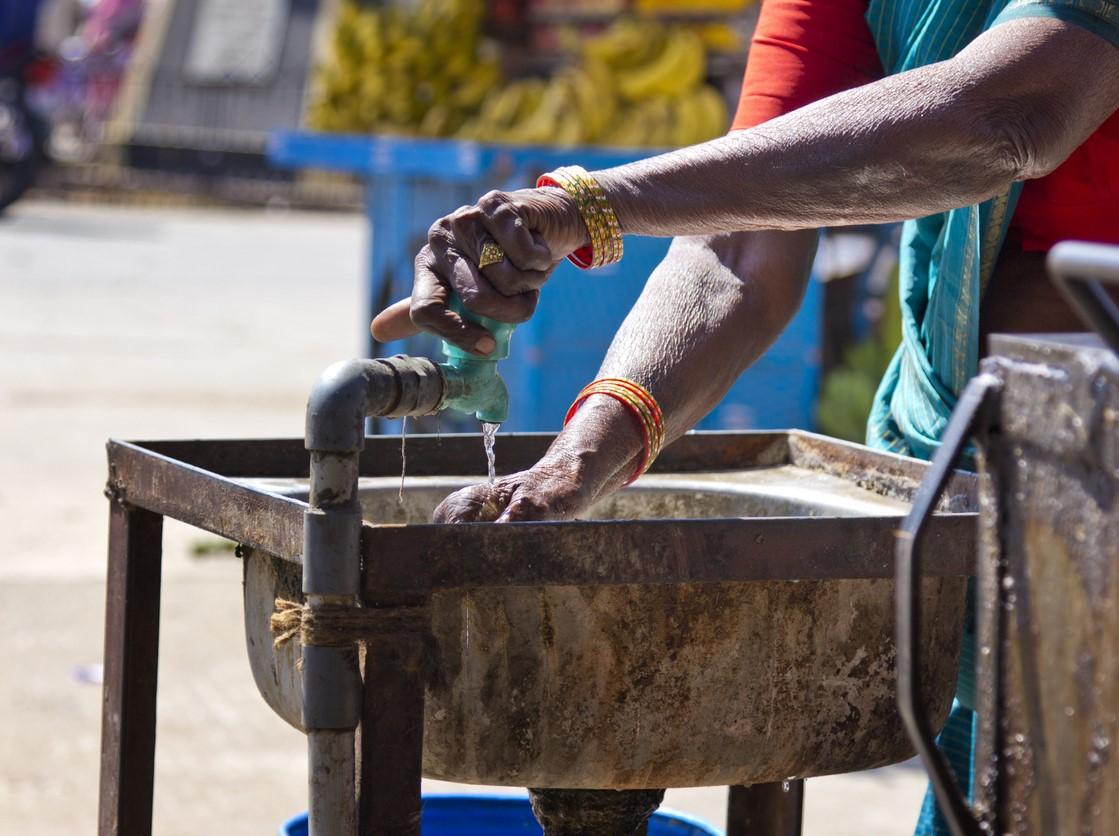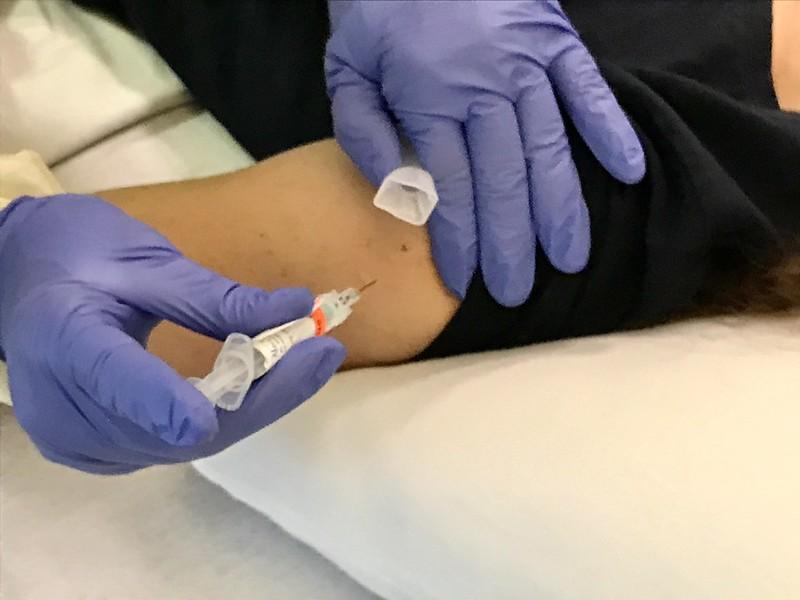
A systematic review and meta-analysis of studies involving more than 24,000 children shows that the typhoid conjugate vaccine (TCV) is highly effective in preventing typhoid fever in countries where the infection is endemic, researchers reported today in Vaccine.
For the study, a team of Australian and Indonesian researchers reviewed and analyzed four studies comparing 24,180 recipients (mean age, 5.5 years) of Typbar TCV in Pakistan, India, and Zimbabwe with unvaccinated children. Typbar TCV is one of three vaccines currently recommended and licensed by the World Health Organization for preventing typhoid fever, an infection caused by Salmonella enterica serovar Typhi.
Although global incidence of typhoid fever fell from 11 million cases in 2017 to 7 million in 2021, the burden remains high in Africa and Asia, and TCVs are viewed as critical tools in preventing the disease. But only 10 countries to date have added TCVs to their national immunization programs.
"The aim is to generate evidence on the real-world effectiveness of TCV to guide policymakers, global health funders, health professionals, and researchers in making evidence-based decisions on TCV introduction and implementation strategies in typhoid-endemic countries," the study authors wrote.
87% VE in preventing culture-confirmed typhoid
The pooled odds ratio (OR) for the four studies was 0.13, indicating vaccine effectiveness (VE) of 87% in preventing culture-confirmed typhoid compared with unvaccinated children. The VE for preventing combined suspected, probable, and culture-confirmed typhoid cases was 55%, while a single study showed a 97% VE for preventing extensively drug-resistant S Typhi infections. A sensitivity analysis of eight additional studies found higher VE among children over age 5 compared with children under 5 (87% vs 77%) and a significant decline in protection 4 to 5 years after vaccination.
"Typhoid conjugate vaccines (TCV) demonstrate significant real-world effectiveness in preventing culture-confirmed, probable, suspected, and extensively drug-resistant (XDR) typhoid cases in endemic regions," the authors concluded. "This systematic review and meta-analysis supports the implementation of TCV into national immunisation programs in typhoid-endemic countries."













